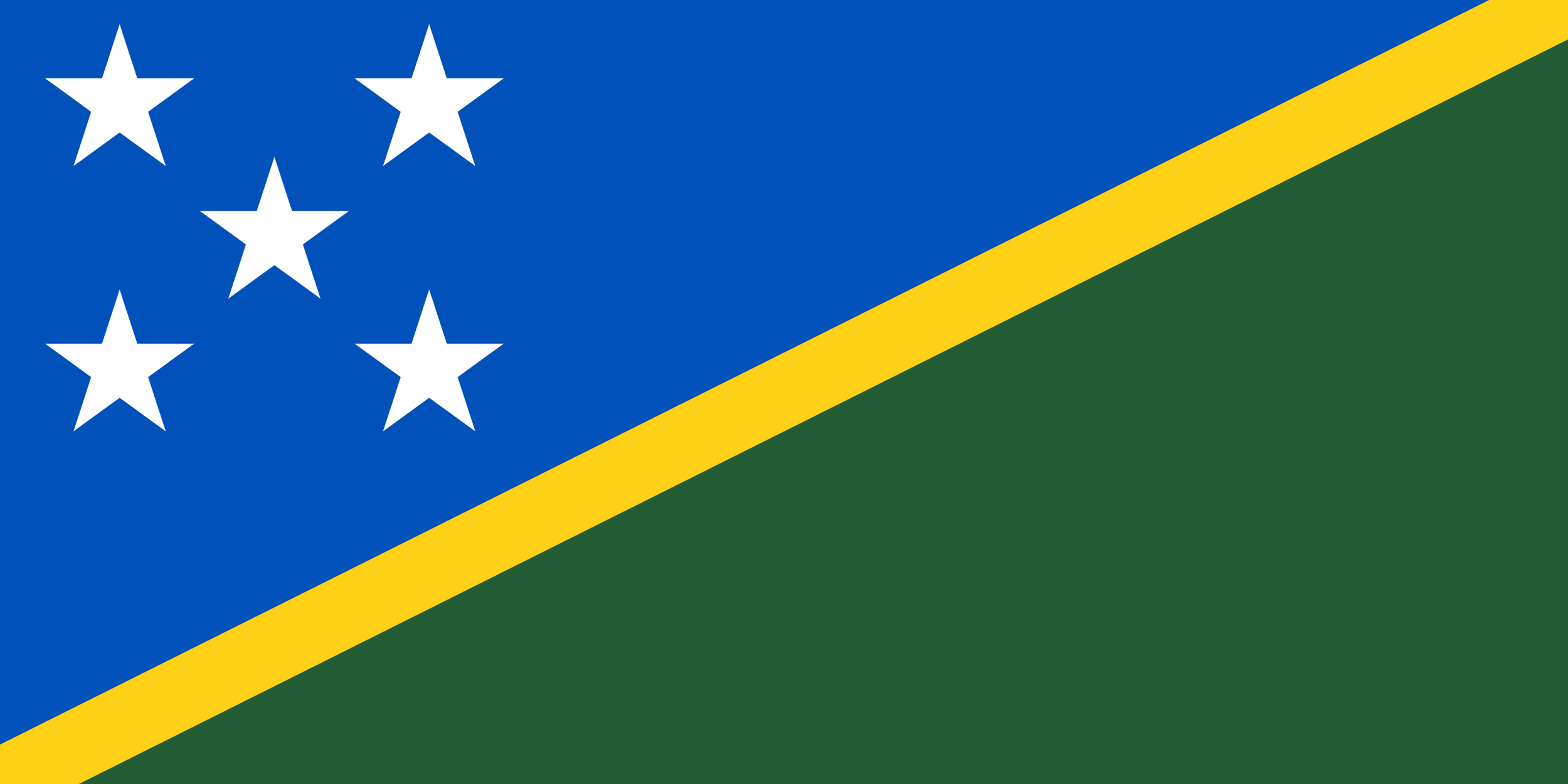
Solomon Islands - 53.85
91
The biggest auction house in the Pacific
The most notable event of 2021 in the Solomon Islands, a typically very uneventful country, was that the government chose to recognize the People’s Republic of China over Taiwan. China was accused of bribing Solomonese officials to gain this recognition. This scandal, along with Solomonese support for Taiwan, sparked mass protests that quickly turned into riots. Australian and New Zealand troops were called in to quell the riots. This international recognition scandal is indicative of a wider trend of endemic corruption in the Solomon Islands. Vote-buying is a legal and culturally acceptable practice in the Solomon Islands and most political allegiances in the Solomon Islands are based on patronage networks. The Solomon Islands is one of the poorer archipelago nations in the Pacific. Poverty is pervasive and a low economic disparity means that most of the country is poor. Further compounding the issue, the Solomon Islands have not seen significant GDP growth since 2016. There is very little modern medicine outside of Honiara and less than a third of the country has access to clean, running water. The Solomon Islands have few prospects for development in the near future. The Solomon Islands faces a worsening climate, both political and meteorological.
Important note: Some inconsistencies were noted in the scoring of the Solomon Islands. These issues will be rectified for the 2022 index.
Human Rights - 73
The Solomon Islands have fully abolished the death penalty. The Solomon Islands were racked by violent protests in 2021 over the country’s recognition of China over Taiwan. The government’s response did not escalate until protests did. Homosexuality is illegal, but this law is unenforced. The Solomon Islands does not maintain an armed forces, so they did not lose points for military service. Abortion is legal to save the woman’s life.
Democracy - 73
The prime minister is chosen by parliament. The campaign process includes candidates setting up in hotels in Honiara and literally buying votes. Candidates will promise extensive packages and purchase expensive hotel rooms for members of parliament. Parliament is directly elected. The electoral process is free and fair but vote-buying remains a culturally and legally acceptable practice for all levels of government. Political alliances are fickle and often based on patronage networks. As a result, most candidates run as independents. The Solomon Islands experience regular transfers of power.
Freedom - 77
The government is quick to shut down protests near Honiara. Swearing is illegal, though this statute is unenforced. The government has considered a ban on Facebook for the “dissemination of obscenities.” All drugs except betel nut are illegal. Gun licenses are under moratorium in the Solomon Islands.
Economy - 28
Health - 43
The Solomon Islands has a life expectancy of 73 years and an infant mortality rate of 1.4%. 22.5% of Solomonese are obese and 6.5% are malnourished. There is very little modern medicine outside Honiara, and while healthcare is free, it is of low quality and hospitals are chronically understaffed. 31% of Solomonese have access to clean, running water.
Corruption - 7
Corruption is pervasive at all levels of Solomonese society. Corruption is a key part of all elections in the Solomon Islands. Public services must be bribed into action. POlice extortion is rampant. The Solomon Islands received a ten-point penalty for corruption influencing the democratic process.
Competency - 28
The government is failing to provide for the people. The government is failing to control civil unrest. The government is failing to control corruption.
Future - 15
The Solomon Islands will be underwater by 2100, limiting their score to 20. The government has been attempting, largely in vain, to eliminate corruption. The Solomonese economy took a major hit in 2020 and will likely take several years to recover.
Actions Abroad - 57
The Solomon Islands recognized China in a major bribery scandal. China is accused of bribing Solomonese MPs to gain their UN recognition. The Solomon Islands is largely isolationist and maintains good relations with most nations.
24.7% of Solomonese live below the international poverty line and 12.7% live below the national poverty line. 0.8% of Solomonese are unemployed. The Solomon Islands has a low economic disparity. Despite the Solomon Islands providing free care to its citizens, there is virtually zero access to modern medicine outside Honiara. Even where it is available, healthcare is of low quality, and hospitals are severely understaffed. Wealthy Solomonese travel to Australia for care. The Solomonese economy shrunk 4.3% in 2020 and grew 1.2% in 2019.
